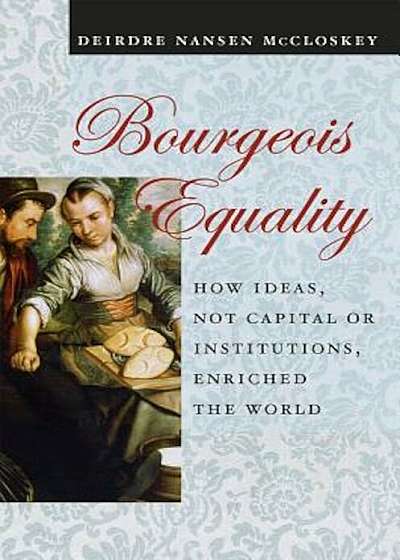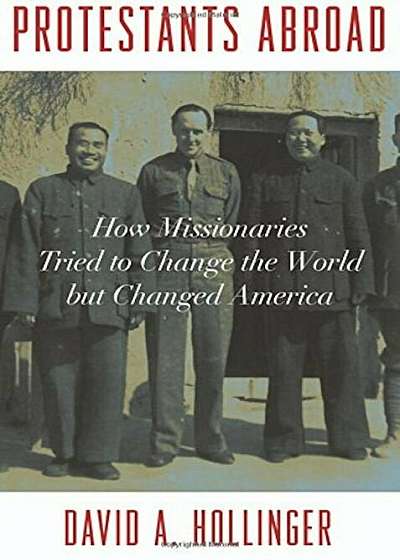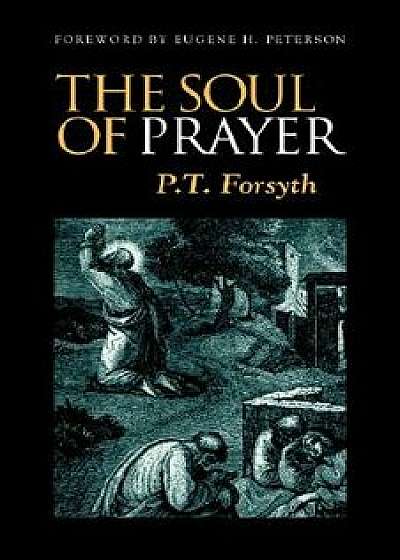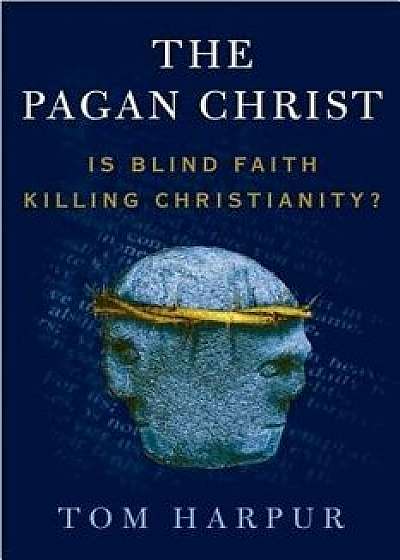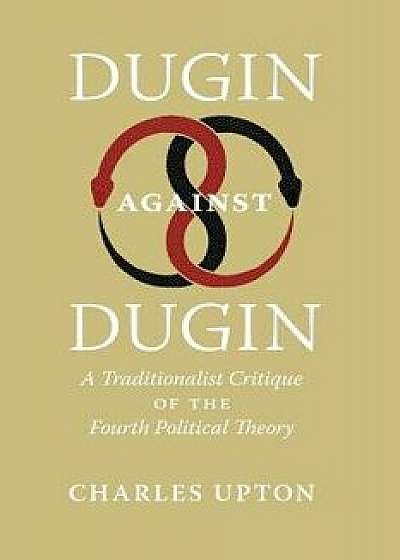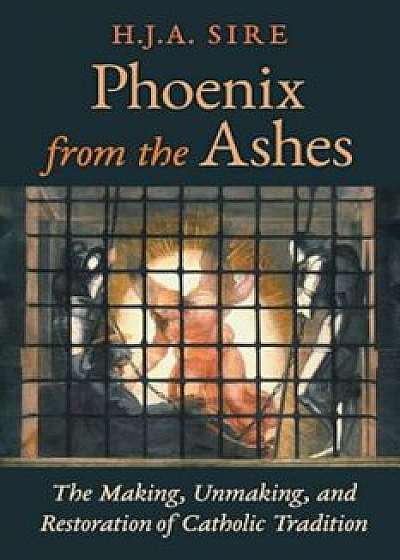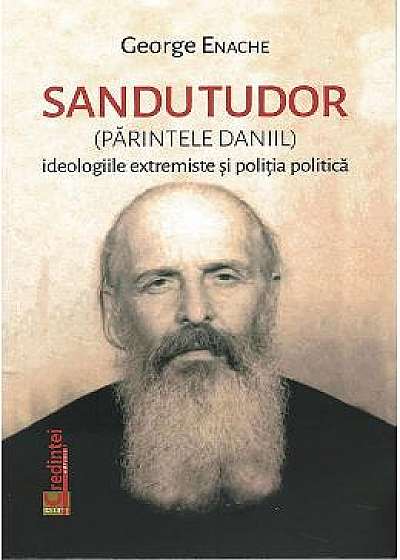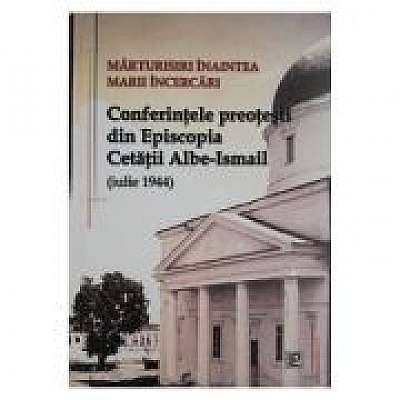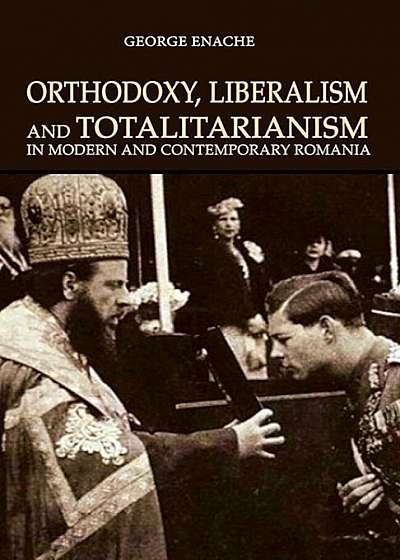
Orthodoxy, liberalism and totalitarianism in modern and contemporary Romania
Descriere
Religion continues to be, even today, an inexhaustible topic, which does not cease to intrigue and generate controversies. Its „essence†escapes any investigation in spite of the multitude of approaches. Each perspective ends up as incomplete and incapable of presenting the phenomenon in its entirety. Which is the most suitable angle of approach? How relevant and general are the conclusions reached so far? These are questions that will be indefinitely asked when it comes to the subject of religion. For a long time, fields of research such as international relations, geopolitics or political sciences all ignored religion. These sciences are the children of western modern civilisation, which was largely built in opposition to religion. Modernity generally rejects the “supernaturalâ€, considered in most cases to belong almost exclusively to the field of religion. This implied the rejection of religion’s ontological reality. At the same time, the religious experience was denied the validity of a true instrument of knowledge. Deprived of its ontological and gnoseological status, religion was condemned to an inevitable extinction, either “naturallyâ€, or by active involvement in order to accelerate the process, as was the case with communism, which is considered today as one of the “failures†of modernity. From this perspective, it was thought that religion would continue to manifest itself only as long as there were still religious people and institutions that would claim to be the exhibits of a religion (the churches). From the perspective of the social and political sciences, religion entered a minor register, without any significant importance in shaping society, in structuring the relationships of power within the states or in influencing international relations. Preoccupied to identify the factors that set history in motion, the social and political sciences did not have the time to deal with a factor that was treated as “residualâ€.Nowadays, they talk more and more abo
